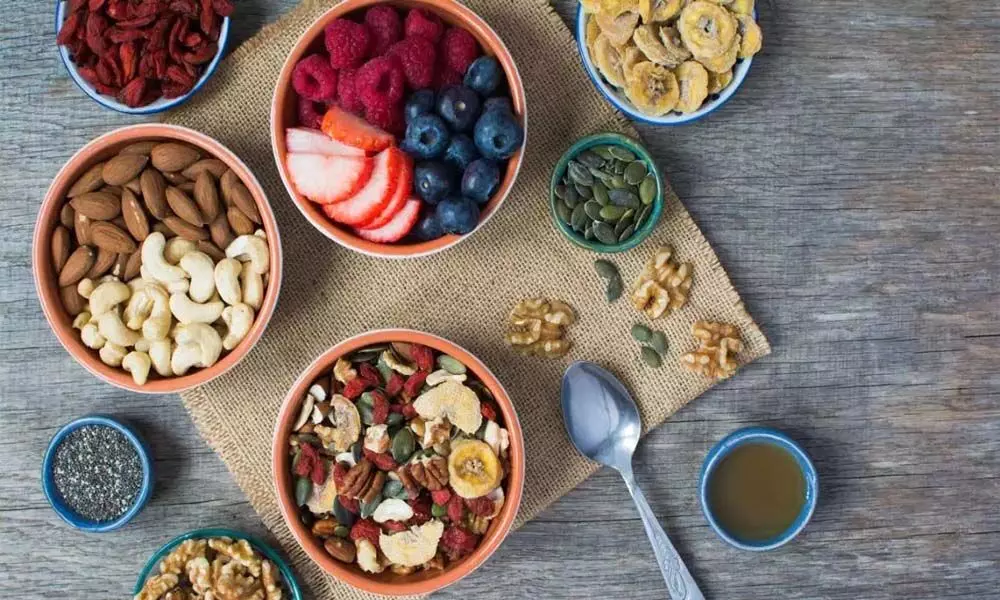Get to Know Everything about Paleo Diet: What results you can achieve?

The Paleo Diet
Paleo Diet is the food plan from the Paleolithic era.
What is Paleo Diet?
The Paleo Diet is basically, a food plan, it is primarily based on types of food eaten by early humans during the Paleolithic era (dates back to 26 lakh years ago). It consists of vegetables, meat and selected fruits etc, and modified to suit your existing Indian food culture prevailing numerous decades.
Why Paleo diet is also referred as Stone Age diet?
Yes, the Paleo diet is also referred as Stone Age diet and hunter-gathered diet. Some 10,000 years ago, people did not know anything about modern agriculture or urban farms. They use to go in search of food and gather foods, which include fish, lean meats, fruits, nuts, seeds and vegetables.
What led to increase in new diseases, which previously never existed in Paleolithic period?
Humans started having more of grains such as wheat, rice, corn etch, due to this consumption of carbohydrate by humans increased multi-fold and Fat/Protein intake got reduced to 1/3 of consumption by early humans. This has led to numerous new diseases which previously never existed in the Paleolithic period.
Is Paleo diet is a healthy dieting option?
Yes, Paleo diet is a healthy dieting option for life as it helps individuals to eat whole food, which are rich in vitamins as well as minerals. It consists of only eating unprocessed, whole foods and they would avoid toxic components of modern food.
What you can eat?
• Vegetables
• Fruits
• Nuts and seeds
• Fish, especially those which are rich in omega-3 fatty acids, which include mackerel, salmon and albacore tuna.
• Lean meats, especially grass fed animals or wild game
• Oils from nuts and fruits, which include walnut oil and olive oil
What you must avoid?
• Diary Products
• Grains such as oats, wheat and barley
• Legumes such as lentils, peanuts, beans and peas
• Refined sugar
• Salt
• Potatoes
• Highly processed foods in general
What does a typical menu consists?
The typical menu is somewhat like this
• For breakfast, you can have broiled salmon and cantaloupe
• For Lunch you can have salad (cucumber, walnuts, carrots , tomatoes, walnuts and lemon juice dressing)
• For Dinner, you can steam broccoli, salad ( mixed greens, tomatoes, avocado, onions, almonds and lemon juice
• Snacks : Orange, carrot sticks or celery sticks
What results you can achieve?
The results you can achieve
• Improved glucose tolerance
• Better blood pressure control
• Lower Triglycerides
• Better appetite management
• More weight loss









